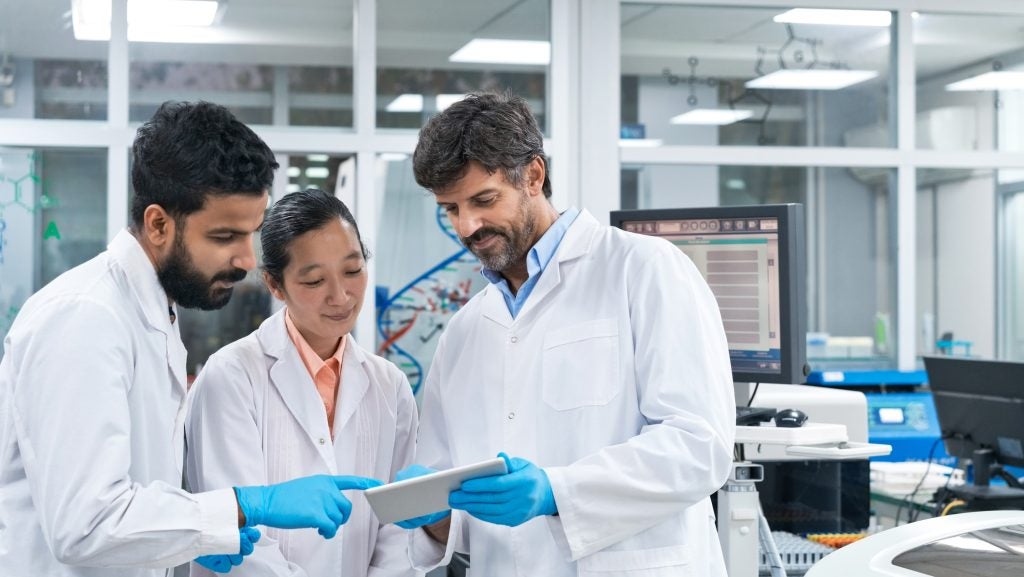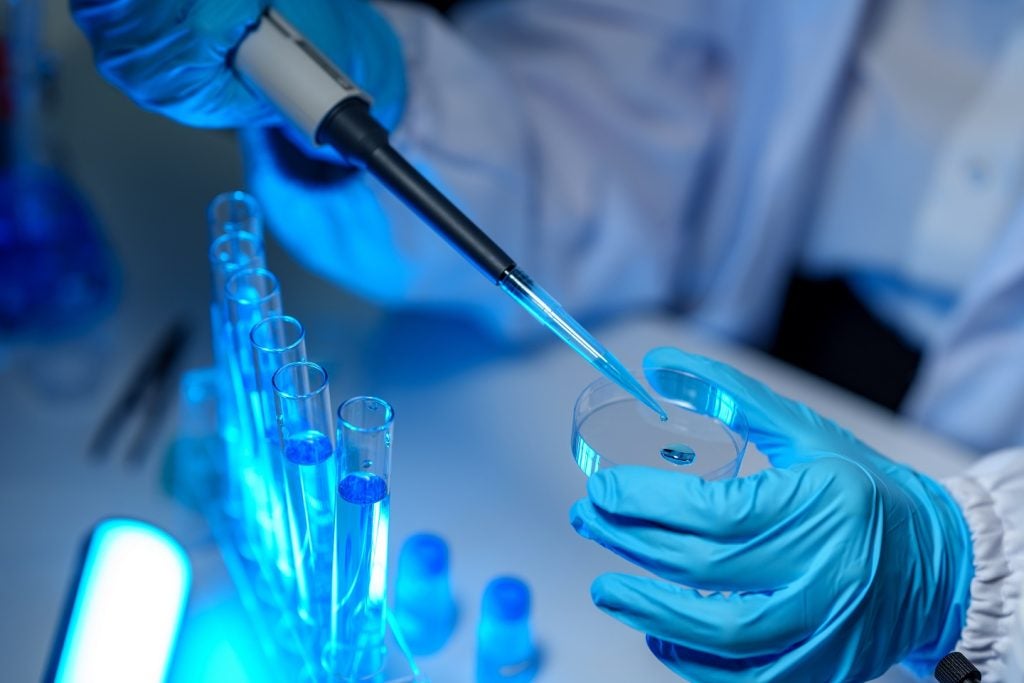Lonza’s subsidiary Synaffix has secured licensing agreements with Boehringer Ingelheim and Mitsubishi Tanabe Pharma to advance antibody-drug conjugate (ADC) programmes, marking its continued momentum in the ADC space.
Under its agreement with Boehringer Ingelheim, Synaffix will provide access to its ADC platform for a set number of targets. The first target was selected upon signing, with additional targets to be nominated within a specified timeframe. Financial terms include an undisclosed upfront payment, up to $1.3bn in potential milestone payments, and royalties on net sales of any resulting products. Boehringer Ingelheim plans to use Synaffix’s clinically validated ADC technology to address novel tumour targets in its oncology portfolio.
As part of the deal, Boehringer will gain access to Synaffix’s clinically validated ADC platform technology, which the company says uses an enzymatic modification of native glycan anchor points on antibodies in pursuit of the development of ADCs or bispecifics.
In a separate deal with Mitsubishi Tanabe Pharma, announced on the same day, Synaffix will manufacture ADC-related components of a single ADC programme, while Mitsubishi will lead the research, development, and commercialisation of the programme. Financial terms for this agreement were not disclosed.
These deals come amid a surge in ADC dealmaking across the pharmaceutical sector, as ADCs emerge as a key focus area in cancer research. Since Lonza’s $172m acquisition of Synaffix in June 2023, the company has secured several high-profile partnerships. In November 2024, Synaffix secured a licensing pact with artificial intelligence (AI)-focused BigHat Biosciences for an undisclosed sum. The deal also gave BigHat access to ADC offerings from Lonza. In January 2023, Synaffix entered a $2bn licensing agreement with Amgen for a single ADC programme.
ADCs are a class of targeted cancer therapies that link an antibody specific to cancer cells with a potent anti-cancer drug. The antibody binds to a specific target on cancer cells, delivering the drug directly to the tumour while minimising damage to healthy tissue. This approach aims to enhance efficacy and reduce the side effects often associated with traditional cancer treatments.
Major pharmaceutical companies and smaller biotechs are still investing heavily in the technology to develop targeted cancer therapies. Since 2023, ADCs have dominated the highest-value pharmaceutical deals with larger companies such as MSD and Daiichi Sankyo spending billions of dollars to expand their ADC pipelines.














